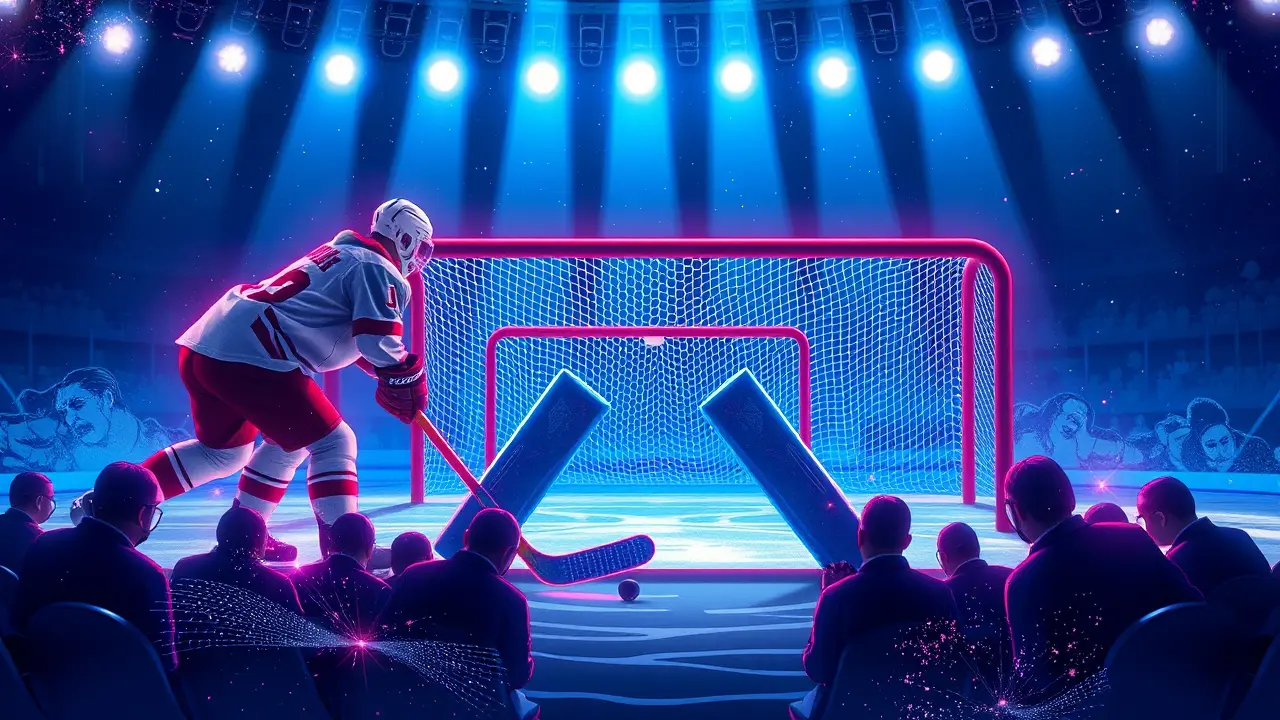
SporthockeyNHL
Tretiak: Russia's Hockey Ban to Last Until End of Military Operation
JA
Jack Turner
3 weeks ago7 min read
In a stark declaration that underscores the profound entanglement of international sports with global politics, Russian hockey legend and current president of the Russian Hockey Federation (FHR), Vladislav Tretiak, has stated that the nation's ban from international competition will persist until the conclusion of the country's 'special military operation' in Ukraine. This admission, delivered with the grim finality of a coach conceding a playoff series, confirms what many have suspected: the world of pucks and skates has become another arena in a much larger geopolitical conflict.The exile began in 2022, a swift and unified response from the International Ice Hockey Federation (IIHF) that saw Russian national teams, from the men's senior squad to youth contingents, barred from its flagship events, including the World Championships and the ongoing World Junior tourneys. The isolation is so complete, as Tretiak lamented, that Russian officials are now relegated to online participation in IIHF congresses, their physical presence unwelcome, a symbolic penalty shot that speaks volumes about their current standing.'I think it's useless for us to ask the IIHF about the return of the Russian teams to tournaments if we are not even invited to the congresses, we only participate in them online,' Tretiak noted, his words carrying the weary tone of a man who has seen the game from both the pinnacle of Olympic glory and the depths of administrative purgatory. He added the definitive, crushing blow: 'We were made to understand that until the special military operation is over, we will not be allowed under any circumstances.' This isn't merely a suspension; it's an indefinite lockout with a political trigger for release, a situation with devastating consequences for the future of Russian hockey. The immediate impact is a lost generation of talent.Young players like Matvei Michkov or Ivan Demidov are denied the crucial, career-forging stage of the World Juniors, a tournament that has launched countless NHL legends. For veterans, the window to compete for their country on the world stage is slamming shut, their legacies forever incomplete.The economic ramifications are equally severe, with sponsorship dollars likely drying up for a federation that can no longer offer global visibility. This isolation forces a painful comparison with Russian football, as highlighted by fellow hockey great Ilya Kovalchuk, who pointed out the sport's more limited geographical footprint.'In football it's simpler – there is South America, the Serbs, the Hungarians,' Kovalchuk observed, alluding to nations that have been more willing to engage with Russia outside the UEFA umbrella. 'In hockey – it's only Europe and North America.' His point is devastatingly accurate; the hockey world is a much smaller, more consolidated ecosystem, and Russia is now on the outside looking in, with no parallel tournaments or sympathetic confederations to turn to. The historical precedent for such a sweeping ban is rare, harkening back to the apartheid-era sanctions against South Africa, though the motivations here are rooted in war, not internal racial policy.The IIHF's stance, while morally clear to its Western members, is not without its critics who argue it unfairly punishes athletes for the actions of their government, a modern echo of the Cold War boycotts that defined the 1980 Olympics. Yet, the federation appears resolute, its decision reflecting a broader Western strategy to impose a cost on Russian prestige and soft power.For Tretiak, a man whose name is synonymous with Soviet hockey dominance, this must be a particularly bitter pill. He was the wall in goal that backstopped the USSR to three Olympic gold medals and ten World Championships, a symbol of a hockey machine that was once the undisputed rival to Canada.Now, as an administrator, he presides over a federation that is a global pariah, its teams trapped in a domestic league, the KHL, whose own international ambitions have been crippled by the departure of European clubs and the severing of ties with NHL loan agreements. The path back is murky at best.Even if the conflict were to end, the process of reintegration would be fraught with diplomatic hurdles and lingering resentment. Trust, once broken on such a fundamental level, is not easily mended.The return of Russian hockey would likely be a slow, conditional process, perhaps starting with youth teams or a probationary period, subject to the volatile winds of international relations. For now, the message from the hockey world is as unambiguous as a Tretiak pad save: you are not welcome until the guns fall silent. The sport, often a unifying force, has drawn a hard line, leaving one of its most storied nations in the cold, its future as uncertain as a bouncing puck in front of an empty net.
#lead focus news
#Russia
#hockey
#ban
#IIHF
#Vladislav Tretiak
#international competitions
#sanctions
Stay Informed. Act Smarter.
Get weekly highlights, major headlines, and expert insights — then put your knowledge to work in our live prediction markets.
Related News
Comments
Loading comments...
© 2025 Outpoll Service LTD. All rights reserved.